12 Steps to Compassion
In our perilously divided world, author and TED Prize winner Karen Armstrong says one thing can bring us all together: compassion. Get her 12 steps for living a more compassionate life.
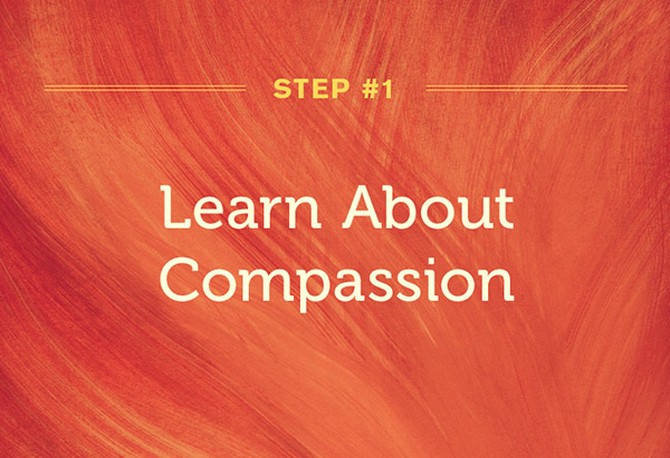
"You cannot lean to swim by sitting on the side of the pool watching others cavort in the water; you have to take the plunge and learn to float. If you persevere, you will acquire an ability that at first seemed impossible. It is the same with compassion; we can learn about the neurological makeup of the brain and the requirements of our tradition, but until and unless we actually modify our behavior and learn to think and act toward others in accordance with the Golden Rule, we will make no progress."
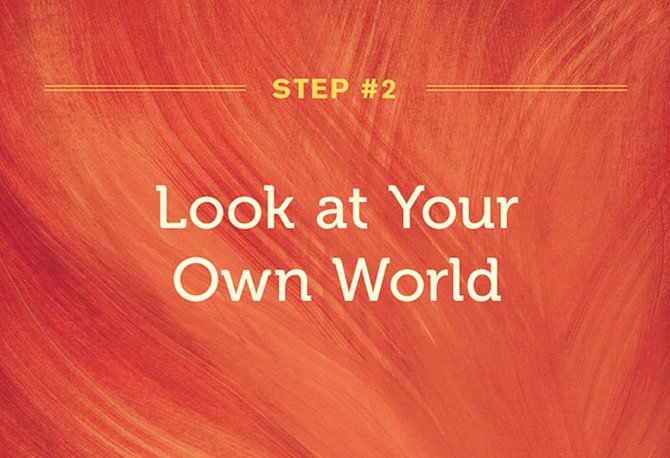
"During this step, we should take ourselves mentally to the summit of a high mountain, where we can stand back and see things from a different perspective."
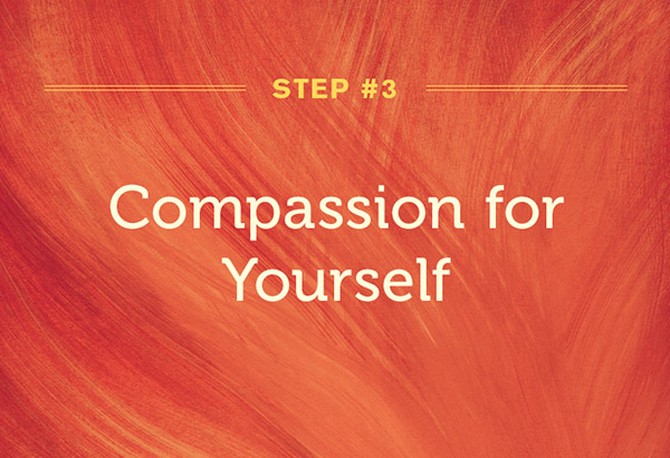
"The faith traditions agree that compassion is the most reliable way of putting the self in its proper place, because it requires us 'all day and every day' to dethrone ourselves from the center of our world and put another there. ... Once you have started to feel a genuine compassion for yourself, you will be able to extend it to others."

"The suffering we have experienced in our own life can also help us to appreciate the depths of other people's unhappiness."
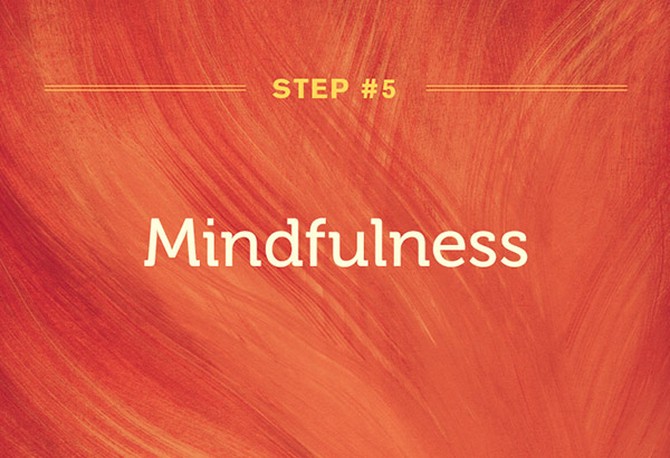
"Mindfulness is a form of meditation that we perform as we go about our daily lives, and is designed to give us more control over our minds so that we can reverse ingrained tendencies and cultivate new ones."
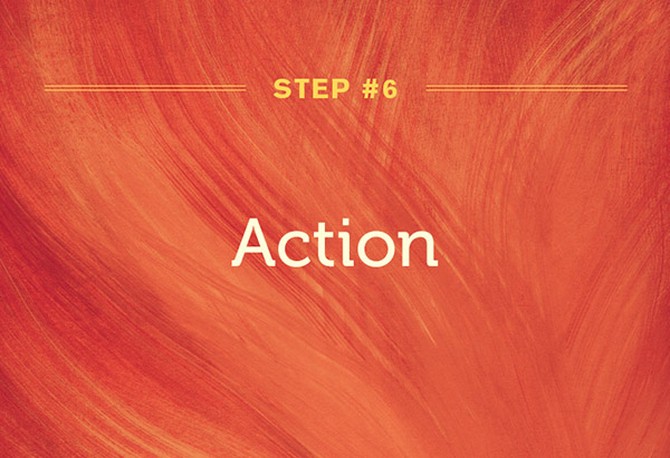
"One small act of kindness can turn a life around."
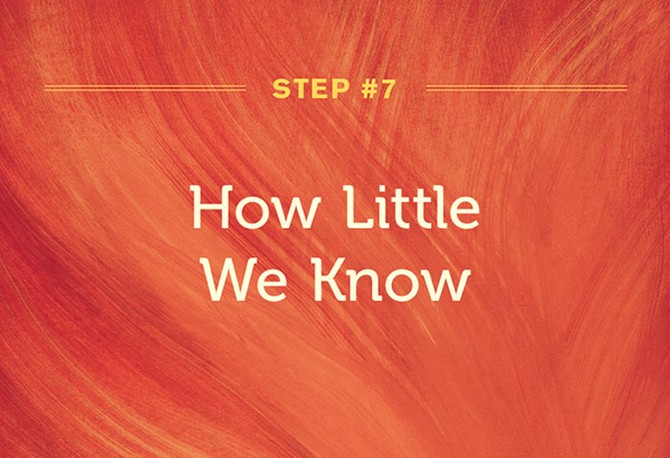
"The aim of this step is threefold: (1) to recognize and appreciate the unknown and unknowable, (2) to become sensitive to overconfident assertions of certainty in ourselves and other people, and (3) to make ourselves aware of the numinous mystery of each human being we encounter during the day."
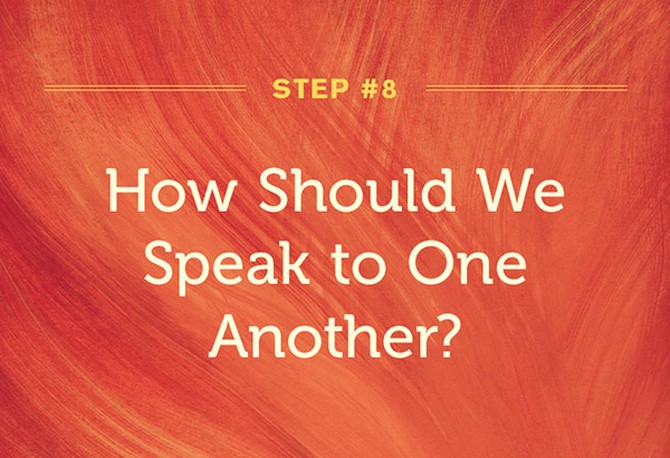
"We should make a point of asking ourselves whether we want to win the argument or seek the truth, whether we are ready to change our views if the evidence is sufficiently compelling, and whether we are making a place for the other in our minds. ... Above all, we need to listen."

"During this step, we begin to expand our horizons to make a place for the more distant other. Understanding different national, cultural and religious traditions is no longer a luxury; it is now a necessity and must become a priority."

"The effort of getting to know one another demands sound information and a willingness to question received ideas."
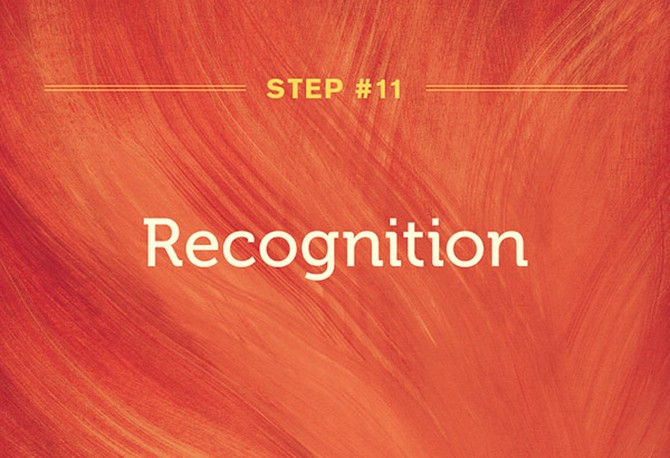
"We have learned that we cannot put ourselves in a special, separate category. Instead, we have tried to cultivate the considerate attitude of shu ('likening to oneself'), reflexively relating our own pain to the suffering of others. As a result, we are beginning to acquire what the Tibetan Buddhists call 'the inability to bear the sight of another's sorrow,' so that we feel it almost as intensely as we feel our own."

"We are aiming at upeksha, an impartial, fair-minded assessment of the situation in the cause of peace. Try to wish for your enemy's well-being and happiness; try to develop a sense of responsibility for your enemy's pain. This is the supreme test of compassion."
Published 11/29/2013

